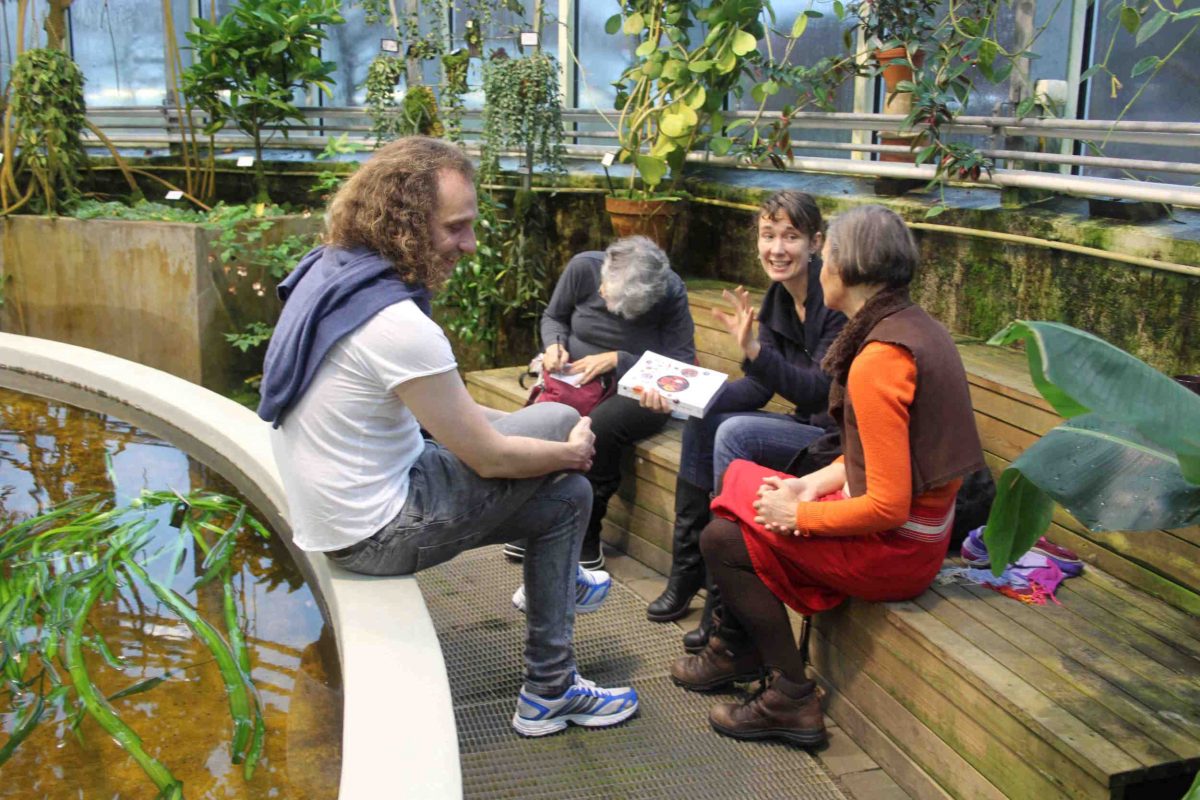I’ve been a guest lecturer at many institutions across Europe, but nowhere has come to feel more like home than CEMUS – the Centre for Environment and Development Studies at Uppsala University.
In 1992, the autumn after the Rio Earth Summit, a group of Uppsala students challenged one of their professors as to why there were no courses on which they could study the huge questions arising from the ecological crisis. With his support, they created a student-led teaching and research centre nestled within Sweden’s oldest university.
Now CEMUS is celebrating its 25th anniversary – and I was delighted to contribute to the CEMUS Diaries series which they are publishing to mark the occasion. You can read the whole thing on their site.
Here’s a taste, from the first talk I gave to CEMUS students:
‘What can we say about the future?’ I ask. ‘This talk won’t involve any charts or projections. I don’t have one of those scenario planning models with four different ways the world might look in 2035. I’m not going to wrap things up with a list of ten things we can do that will make everything turn out OK. I only have one prediction for you, and I don’t think there’s anything we can do about it, and it’s this…’
Click to the next slide, huge letters filling the screen behind me:
WE ARE ALL GOING TO DIE.
A ripple of laughter passes around the room – and I go on to talk about the need to come to terms with the undramatic reality of personal extinction that waits for all of us, somewhere down the road, if we’re going to see clearly when we try to talk about the larger kinds of loss which frame the time in which we’re living. This seems like a good place to start, for a room full of people who will spend the year ahead thinking hard and learning from many different disciplines about the mess the world is in.
Image: A conversation in the tropical planthouse at Uppsala Botanical Gardens as part of the Framebreaking Fridays programme I hosted with CEMUS in 2015.
